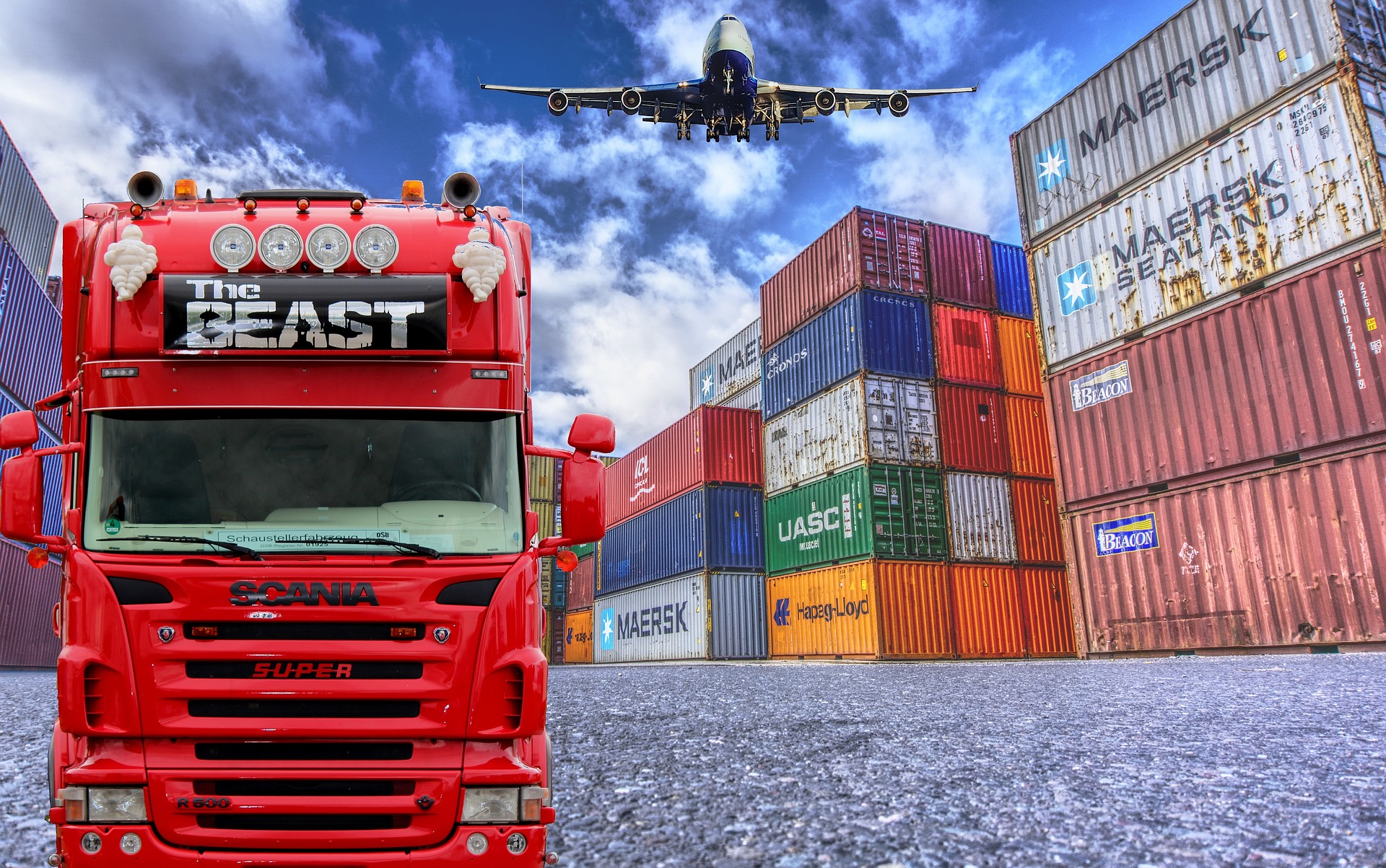
Funding has been awarded for a study on the electrification of long-distance lorries using overhead power cables on motorways, as part of the Department for Transport’s (DfT) decarbonisation plan.
The organisation leading the study is set to receive a reported £2m, which falls under the £20m allocated to zero-emission road freight trials under the DfT’s plan. Decarbonising lorries will help to build a more environmentally friendly road network across the UK.
Heavy goods vehicles are currently responsible for almost a 5th (18%) of all road CO2 emissions, despite making up just 1.2% of traffic. By 2040, all new diesel and petrol lorries in Britain are due to be banned, meaning a new system is needed to provide alternative power for these large vehicles.
The ‘e-highway’ will involve the installation of overhead wires on up to 19 miles of the M180. The technology, similar to that which powers trains and trams, will charge a battery that has been fitted into each lorry as it’s being driven. Lorries cannot run on a single charge like electric cars, because they require too much power.
Similar plans have been trialled in Germany and Sweden on a smaller scale. If the study goes ahead, this will be the first large-scale deployment of such technology worldwide. The vehicles and their power cables could be on British roads as early as 2024.
William Wilson, CEO of Siemens Mobility Limited, said: “Investing in proven technologies like e-highways can help us go further and faster to decarbonise the UK’s transport network, and support jobs and growth to level up the country.
“By building on successful trials from other countries like Germany, our ERS consortium M180 trial will help the UK move a step closer to replacing more polluting trucks with clean, efficient electric HGVs.”
To stay up-to-date on the latest UK road safety news, make sure to check our blog each week. For a free road marking quote, head to our website, today.
